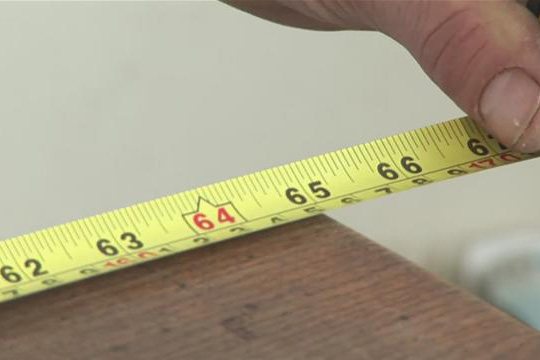Fast Track
If you're flexible with travel, jump ahead by selecting one of the recommended facilities to the right.
Otherwise, the form below helps drill down from state to city to a specific training facility for your Measurement System Analysis (MSA) Training class.
Recommended States
Pre-enrollment is accepted until the minimum student requirement is met.
Once enough students have signed up, then we will reach out to process your payment.
If minimum enrollment is not attained, we may ask that you consider an alternate date or location.
With that in mind, would any of the 4 states be possible for you?
Facilities in these states either have a low minimum student requirement, or already have students signing up:
All States
However, if travel is a limitation for you and none of the states above will work, don't worry. We have several options.
And if none of those below suit your needs, feel free to contact us and make a request.
We will do everything possible to accomodate.
A common request we receive is to do on-site training for companies seeking to get several employees trained at the same time.
About Measurement System Analysis (MSA) Training
Who is Measurement System Analysis (MSA) Training for?
Quality, Manufacturing, and Product Engineering, plus Continuous Improvement teams are the most common users of measurement system analysis. Internal customer managers, Plant Managers, SQA, and Procurement teams should also understand MSA concepts. So, if your are in or want to be in one of those functions, then MSA training is for you. In our course, students learn:
Measurement System Analysis (MSA) Training Course Overview:
Money is wasted when wrong decisions are made from bad data. In factories, good material is wrongfully scrapped. Defective parts are shipped. Wasting money this way extends beyond the factory to transactional processes as well. To avoid it, measurement systems must be analyzed and their error quantified. Our 1-day training equips your team to avoid this waste. It includes:
 | | Accuracy vs. precision. |
 | | Calibration and its limitations. |
 | | Bias. |
 | | Stability. |
 | | Linearity. |
 | | Repeatability and reproducibility. |
 | | Destructive testing techniques. |
 | | Analysis of variance. |
 | | Graphical analysis. |
 | | Test for comprehension. |











